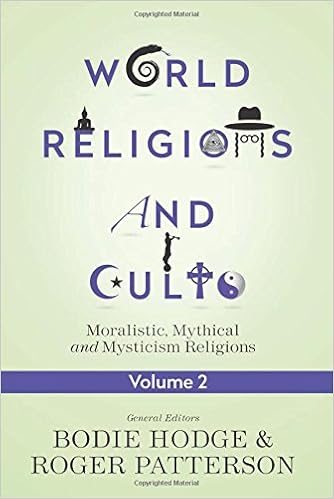Theism
Definition
Theism includes any philosophy which claims that some kind of God or gods exist.
Keywords: Theism, Atheism, Philosophy, True, God, Deductive.
Veracity
Theistic claims are true .
Proof
Either there are no gods, and therefore atheistic claims are true, or there is at least one god, and therefore theistic claims are true.
Premise 1: If atheistic claims are false, then theistic claims are true.
Premise 2: Atheistic claims are false.
Conclusion: Therefore, theistic claims are true.
Since atheistic claims are deductively false, theistic claims are therefore deductively true.

Gilbert Guttlebocker, Defender of Dragons
Riveting, yet absurd; romantic, yet innocent; Gilbert Guttlebocker, Defender of Dragons is a little Roald Dahl, a little Harry Potter, and a little Chronicles of Narnia, all rolled into one. Timothy McCabe collaborates with the great Benedict Ballyhoot to bring you the novel of the century!

In Printed Form
Along with numerous other authors including Don Landis, Bodie Hodge and Roger Patterson, Timothy McCabe contributes analyses of various world religions and cults in this volume from Master Books.
Other Writings
"Why does God require an argument to defend it, unlike something obvious like gravity for example?"
According to the Bible, God does not require an argument to prove His existence to anyone; rather, everyone is inherently already well aware of His existence, because He has made us aware. Romans 1, verses 18-20 state, "For the wrath of God is revealed from heaven against all ungodliness and unrighteousness of men who suppress the truth in unrighteousness, because that which is known about God is evident within them; for God made it evident to them.
Continue reading...
"If creation happened about 5000 years ago, then how come a supernova was seen in 1987, but it was located 170,000 lightyears away?"
The study of light and its speed is a complex undertaking that physicists have not even nearly completed. Does light travel at different fixed speeds in either direction of a round trip? Has its speed always been what it appears to be today? Can anything material travel faster than it? No physicist alive seems to know the answers to these questions for certain. But God does.
Continue reading...
"How did we get here? Where did we all come from?"
The Bible teaches that God, through His Son, Jesus, the Word of God, specially created all things, including humanity (Gen 1, John 1:3). Of humanity, God first created a man, named Adam, and then a woman, whom the man named Eve. God then breathed life into them. They both lived for close to a thousand years, and had numerous children between them, some of whom are also named in scripture (Gen 4:1-2; Gen 4:25; Gen 5:3-4). From these original people, all of us are descended.
Continue reading...